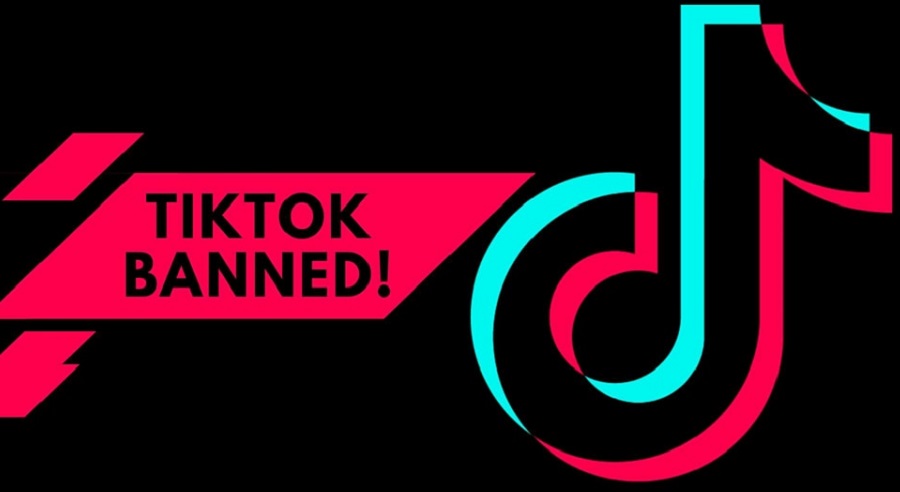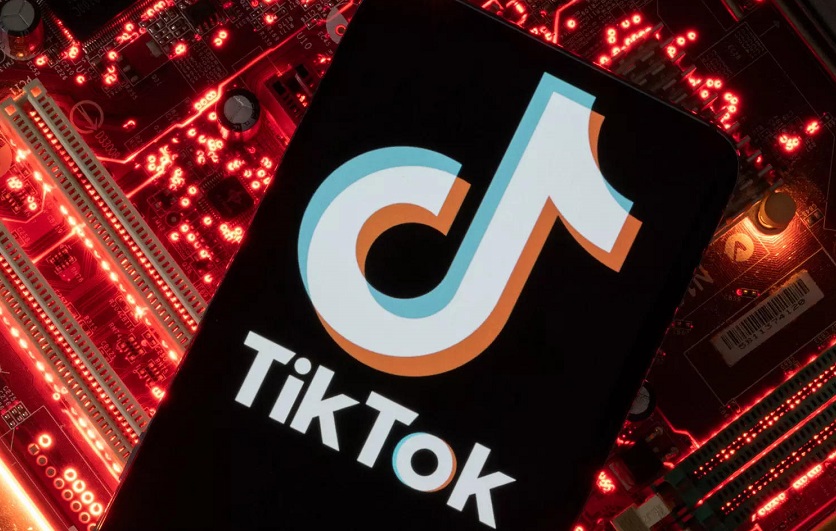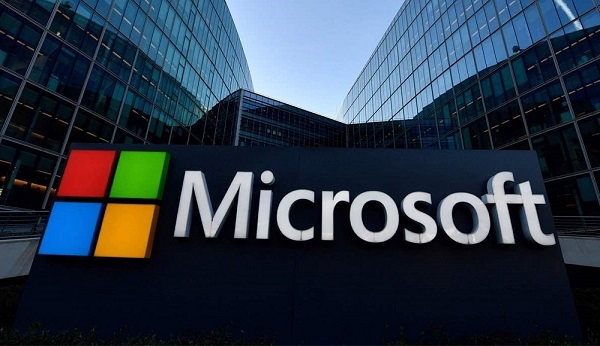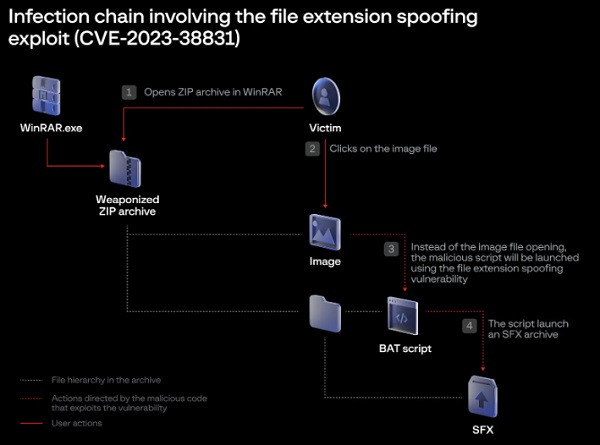Tiktok banned in EU amidst data privacy concerns
The French government’s recent announcement of a ban on the use of TikTok and other “recreational apps” on government-issued mobile devices has once again brought data privacy and cybersecurity concerns on the forefront. This ban is part of a broader trend of governments around the world expressing concerns over the handling of user data by Chinese-owned apps, and follows similar action taken by the US government in December 2020. We have examined the reasons behind the ban and what it means for the future of data privacy and cybersecurity.
TikTok has faced further bans in Europe due to concerns over data privacy and security. Here is some detailed information about the bans:
Italy: In January 2021, the Italian data protection authority ordered TikTok to block access to users whose age cannot be verified. This followed the death of a 10-year-old girl who allegedly took part in a “blackout challenge” on TikTok.
Germany: In March 2021, Germany’s federal data protection commissioner-imposed restrictions on TikTok’s data collection practices, citing concerns over the app’s handling of children’s data.
Netherlands: In April 2021, the Dutch Data Protection Authority launched an investigation into TikTok’s data collection practices. The investigation is ongoing, but the authority has expressed concerns over how the app handles the personal data of children.
France: In June 2021, France’s data protection authority fined TikTok €750,000 ($885,000) for violating the privacy of minors. The authority found that TikTok did not obtain adequate parental consent for processing the personal data of users under the age of 13.
Belgium: In August 2021, Belgium’s data protection authority launched an investigation into TikTok’s data collection practices. The investigation is ongoing, but the authority has expressed concerns over how the app handles the personal data of children.

These bans and restrictions highlight the growing concerns among European regulators over how TikTok handles user data, particularly that of minors. TikTok has stated that it takes the privacy and safety of its users seriously and is working to address these concerns.
The French government’s ban on TikTok and other recreational apps on government-issued mobile devices comes after an analysis by the country’s cyber agencies found that such apps do not meet sufficient levels of cybersecurity and protection of data to be deployed on administrative equipment. This ban is not exclusive to TikTok but applies to all recreational apps, including social media apps such as Twitter and Instagram, gaming apps such as Candy Crush, streaming apps such as Netflix, and dating apps. The ban does not apply for the purposes of public communications, but it will apply to all government officials, including ministers, deputies, and civil servants, who will be required to remove the banned apps from their devices immediately.
This ban is part of a broader trend of governments around the world expressing concerns over the handling of user data by Chinese-owned apps. In addition to France, Italy, the Netherlands, and Norway have also announced they are considering TikTok bans. These concerns stem from the fact that Chinese companies are subject to Chinese law, which requires them to cooperate with the government in matters of national security. This has led to fears that user data could be accessed by the Chinese government, and potentially used for nefarious purposes.
See more: Supply Chain Threats Exposed by Azure Pipelines Vulnerability
The ban on TikTok and other recreational apps also comes amid heightened scrutiny of Chinese technology companies, particularly in the US. The US government has been actively pressuring TikTok owner Byte Dance to divest and banned the use of TikTok on government devices in December 2020. This ban was implemented due to hardening national security concerns and has led to severe limits on the sale of Chinese telecom and security camera technology in the US.
The ban on TikTok and other recreational apps raises important questions about data privacy and cybersecurity. The fact that Chinese companies are subject to Chinese law means that user data may not be adequately protected and could potentially be accessed by the Chinese government. This has led to concerns that user data could be used for nefarious purposes, such as espionage or blackmail.
See more: Washington County Sheriff’s Office Hit by LockBit Ransomware
The ban also highlights the need for stronger regulations to protect user data. The General Data Protection Regulation (GDPR) implemented by the European Union in 2018 was a step in the right direction, but more needs to be done to protect user data from potential breaches. The recent ban on TikTok and other recreational apps by the French government is a step in the right direction, but more needs to be done to ensure that user data is adequately protected.
The ban on TikTok and other recreational apps by the French government is part of a broader trend of governments around the world expressing concerns over the handling of user data by Chinese-owned apps. This ban raises important questions about data privacy and cybersecurity and highlights the need for stronger regulations to protect user data. While the ban is a step in the right direction, more needs to be done to ensure that user data is adequately protected from potential breaches.
Author: Manjushree Gavitre
We hope you found article interesting. For more exclusive content follow us on Facebook, Twitter and LinkedIn






